15 Ways Growing Up Poor in the ’80s Made You Resourceful for Life
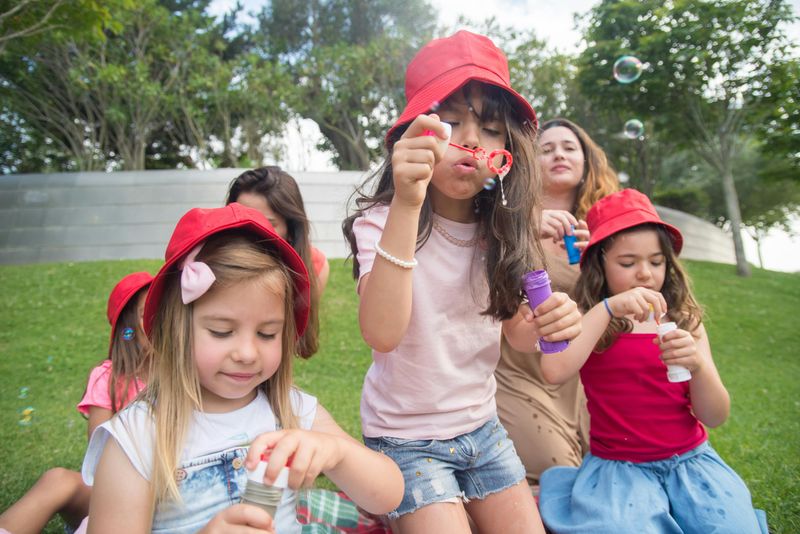
If you grew up broke in the ’80s, you didn’t just survive—you graduated from the unofficial academy of resourcefulness. There were no participation trophies for budgets or patience, but you earned both anyway.
This is a love letter to the duct tape fixes, thrift-store wins, and cardboard-castle imaginations that shaped a generation. Read on and you’ll recognize the scrappy skills that still pay dividends today.
1. You Learned to Stretch Every Dollar (and Make $5 Feel Like $50)

A couple of wrinkled bills could somehow cover snacks, bus fare, and a birthday gift when you did it right. You compared unit prices like a tiny accountant with a calculator watch and opinions on store brands. Every purchase got interrogated: Do I need this, or do I just want it? That question became a reflex, not a punishment.
Math turned personal when you learned sales tax, markdowns, and whether double coupons stacked. You treated money like a finite resource and a puzzle to solve, not a magic tap. Splurges were planned, not impulsive, making them sweeter. You budgeted by envelope, jar, or sheer willpower.
These habits matured into bulletproof financial instincts. Emergency fund thinking started with saving quarters in a sock drawer. Today you negotiate bills, hunt better rates, and orchestrate priorities with the same steady calm. Five dollars still stretches—because you do.
2. Hand-Me-Down Fashion Turned You into a DIY Stylist

Style wasn’t bought; it was engineered from whatever showed up in a grocery bag from your cousin. Oversized tees became off-the-shoulder moments with a snip and a side knot. Jeans got cuffed, pegged, or patched with loud fabric like it was intentional runway. You learned silhouette, fit, and confidence beat logos every time.
Accessorizing meant scrunchies made from old socks and a belt scavenged from a thrift bin. Fabric paint and iron-on letters transformed a tired sweatshirt into a statement. Some days, you rocked mismatched layers that somehow worked. The playground doubled as a fashion lab.
That creative muscle never atrophied. Now you tailor sale finds, upcycle pieces, and see potential in “almost-right” clothing. You know how to fix a hem, cut a neckline, and make secondhand feel first-class. Trends rotate; ingenuity stays timeless—and you’ve got closets of proof.
3. You Mastered the Art of Making Something Out of Nothing
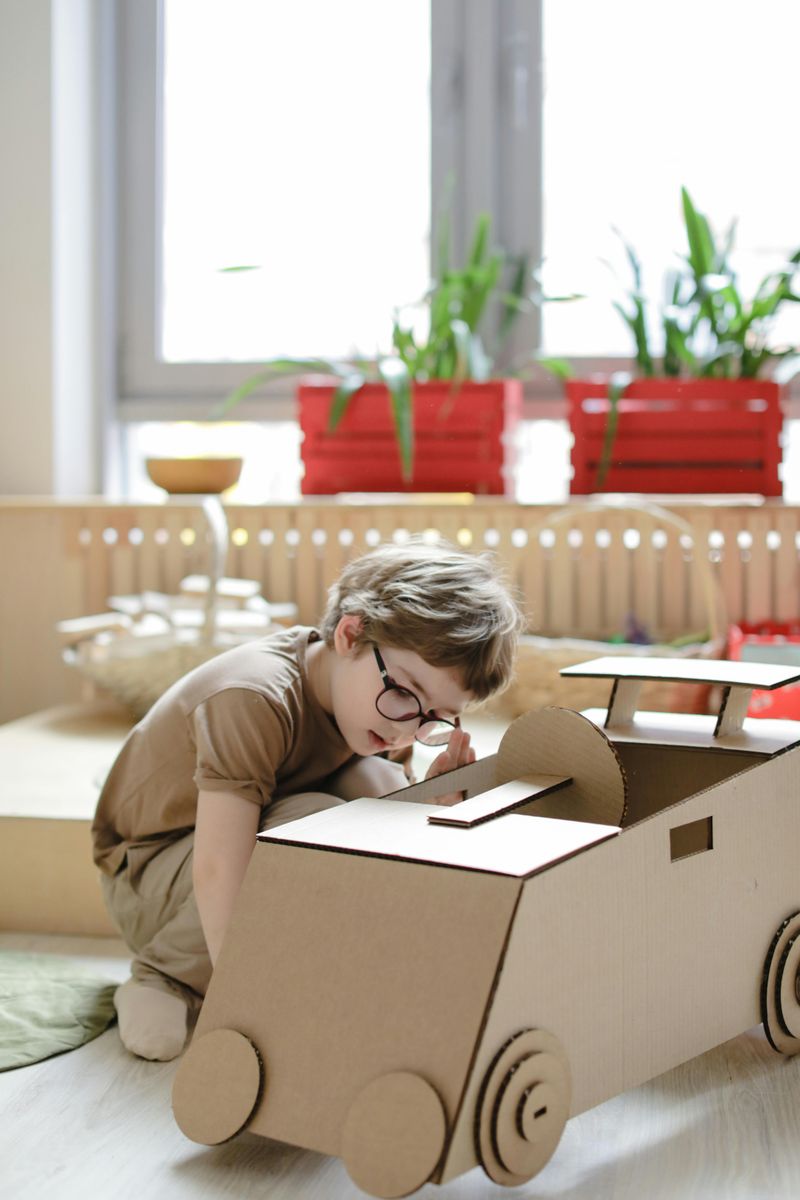
Entertainment arrived in the form of boxes, string, and a roll of tape—instant spaceship, castle, or race car. Cardboard became architecture; markers turned into interior designers. You built rollercoasters for Matchbox cars and invented game rules with the authority of a referee. Anything could be reimagined with enough patience and curiosity.
When toys were unaffordable, creativity filled the gap with richer stories. Paper towel tubes morphed into telescopes; bottle caps were game pieces; couch cushions, entire kingdoms. Friends showed up with ideas, not gadgets. The joy of making eclipsed the thrill of buying.
That maker mindset powers your adult life. You prototype solutions before purchasing, repurpose packaging, and hack workflows like a pro. Constraints feel like prompts, not punishments. Give you a problem and a junk drawer, and you’ll deliver a blueprint—plus a better way to play.
4. You Knew How to Fix Things Before You Could Afford to Replace Them
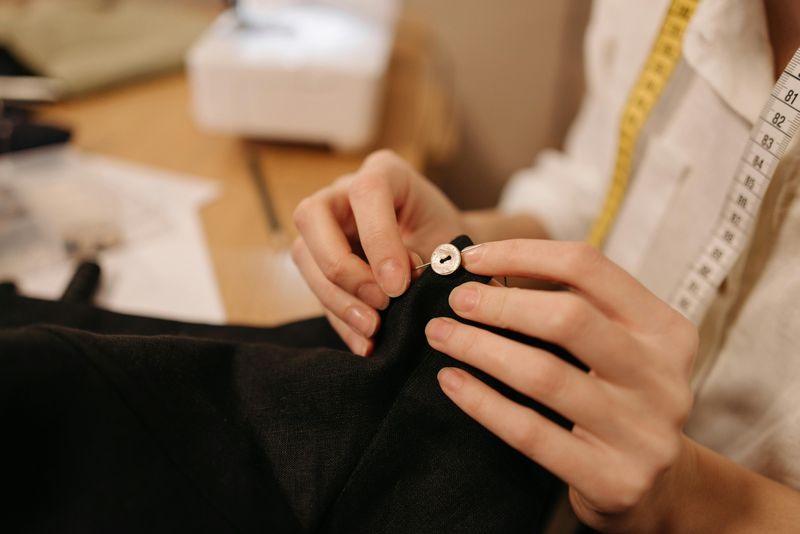
Replacement wasn’t an option, so you mended, patched, and coaxed things back to life. Buttons reattached with determination, jeans reinforced with knee patches that told stories. Duct tape and glue were less craft supplies and more family tools. Electronics got troubleshooting before tantrums—rewind heads cleaned, antennas adjusted, tracking dialed.
Every repair taught patience, causality, and respect for objects. You learned to listen for the squeak, spot the fray, and catch problems early. There was pride in extending a gadget’s tour of duty. Making do was a superpower, not a sentence.
Today, you read manuals, watch repair videos, and disassemble before discarding. You own a basic toolkit and know when to escalate. Sustainability isn’t a buzzword; it’s a reflex you developed decades ago. Your fix-first mindset saves money, reduces waste, and feels like a quiet victory every time.
5. Leftovers Weren’t Just Food—They Were a Strategy

Meal planning happened after dinner when a bit of everything reappeared as something new. Rice became fried rice, roast chicken turned into soup, and chili reinvented itself as nachos. The fridge was a choose-your-own-adventure where nothing got wasted. You learned to season, stretch, and remix.
Recipes were suggestions, not mandates. Cans, pantry staples, and a tired onion could summon dinner under budget. Spices did heavy lifting; creativity did the rest. Flavor lived in resourcefulness and a hot skillet.
That approach still fuels your kitchen. You batch-cook, portion smartly, and treat leftovers like ingredients, not afterthoughts. Grocery lists reflect strategy, not impulse. When plans change, your dinner doesn’t—because improvising with what you have is your favorite recipe, passed down by necessity and perfected with practice.
6. You Became an Expert at Entertaining Yourself for Free
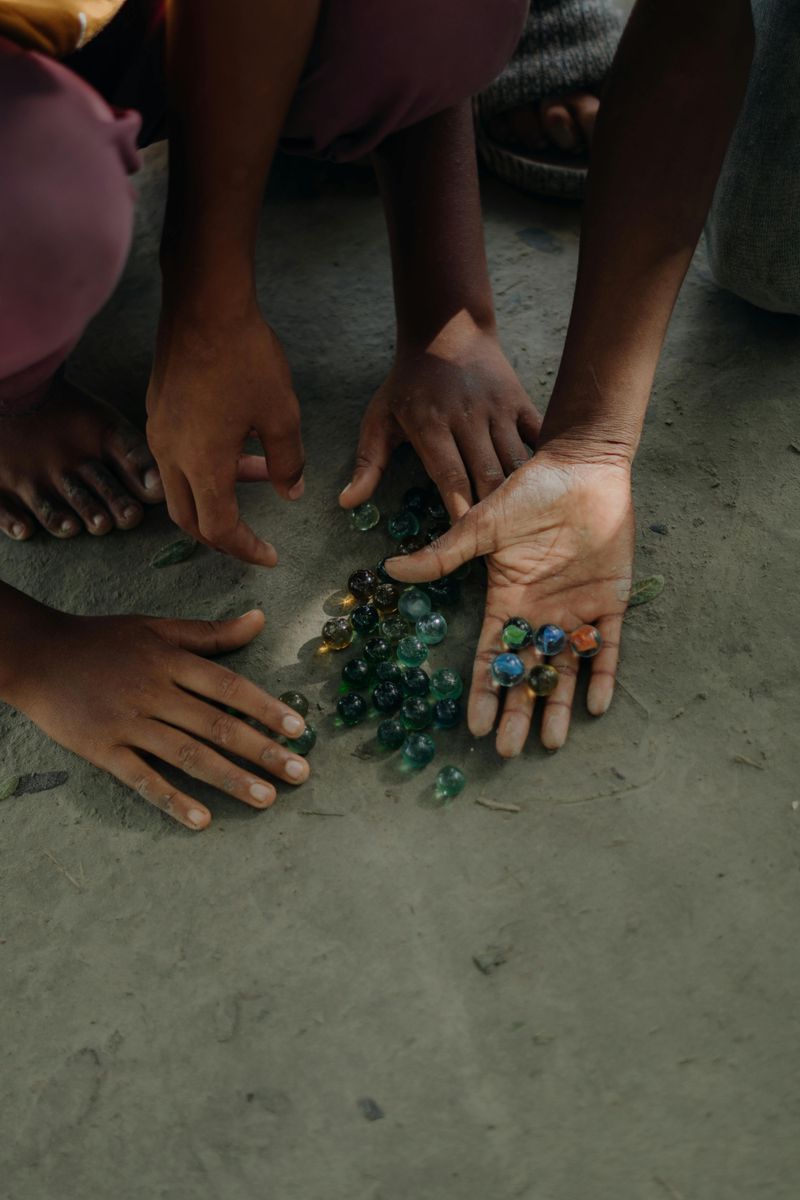
Backyards, sidewalks, and vacant lots were your amusement parks. You rode bikes until the streetlights blinked on and the air smelled like cut grass. Games were chalk-labeled courts, jump ropes, and bets you could run faster. The soundtrack was laughter, cicadas, and distant radios.
Without subscriptions or screens, imagination ran the show. You designed obstacle courses, drafted neighborhood teams, and negotiated rules on the fly. Heatwaves meant sprinklers; rainy days were comic books and blanket forts. Boredom was a spark, not a verdict.
That self-entertaining streak saves you time and money now. You savor walks, library hauls, and community events. You know that joy isn’t gated by admission prices. When the budget tightens, your fun doesn’t—because the best parts of play still cost exactly nothing.
7. You Learned to Share—Bedrooms, Bikes, and Everything Else
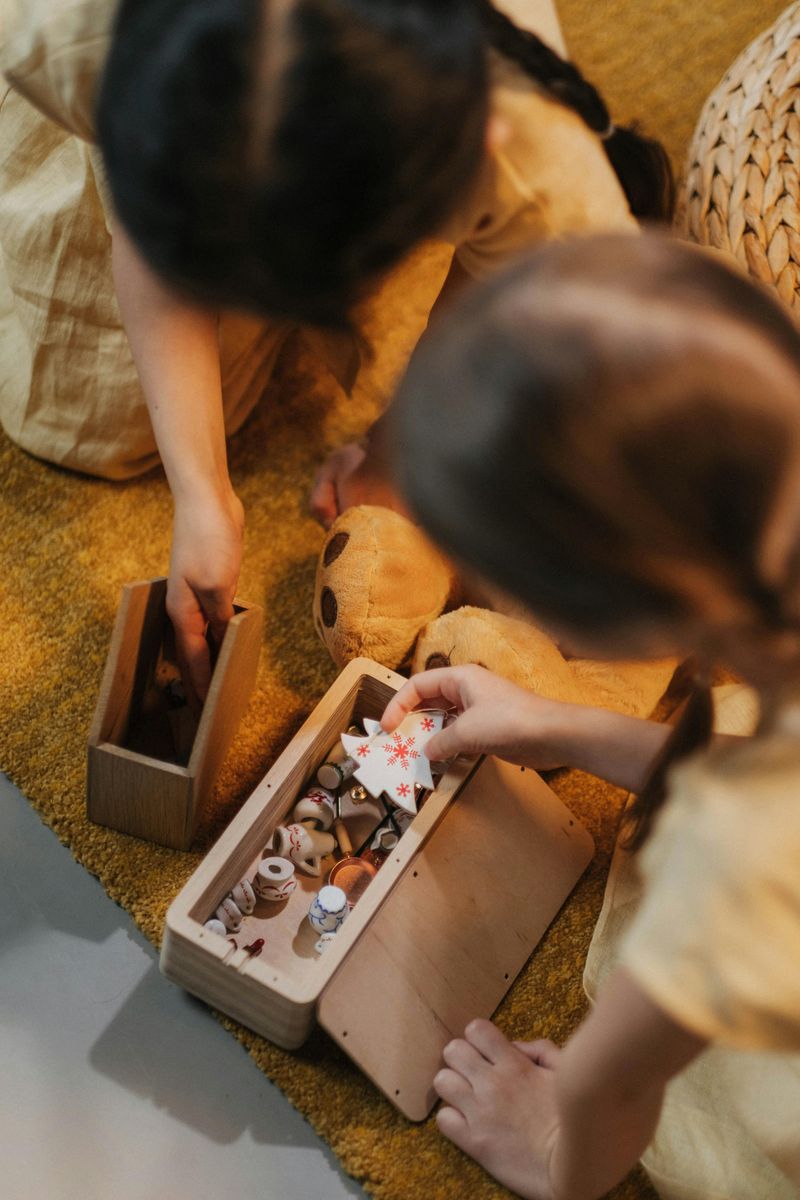
Space and stuff were communal by default, not design. Siblings negotiated bed corners, TV time, and whose turn it was with the decent bike. Snacks got split with surgeon-level precision. Fairness wasn’t perfect, but effort mattered.
These micro-diplomacies taught compromise and conflict resolution. You learned how to wait, how to ask, and how to give a little. Borrowing meant responsibility; returning meant respect. The family calendar was the original social contract.
Now you collaborate at work and at home without spiraling. Shared resources don’t rattle you; they focus you. You communicate boundaries and expectations clearly, because you practiced for years. Cohabitation, teamwork, and community spaces feel normal—your childhood made generosity a habit, not a performance.
8. You Understood the Value of Work Early On

Money first appeared as coins clinking in a jar after mowing lawns or babysitting. Paper routes meant dawn air and folded newsprint ink on your fingers. Summers smelled like grass clippings and odd jobs. You hustled because that’s how you got the extras.
Work delivered more than pay—it taught reliability, customer service, and grit. You learned to price your time, handle feedback, and show up even when you didn’t feel like it. Small bills added up to big pride. Independence grew with each task completed.
Those lessons compound daily. You still negotiate rates, ask for raises, and track your value. Deadlines don’t scare you; flaking does. Work ethic isn’t a slogan on a poster—it’s the muscle you built pushing a mower uphill, one yard and one Saturday at a time.
9. Birthdays and Holidays Taught You Gratitude, Not Entitlement
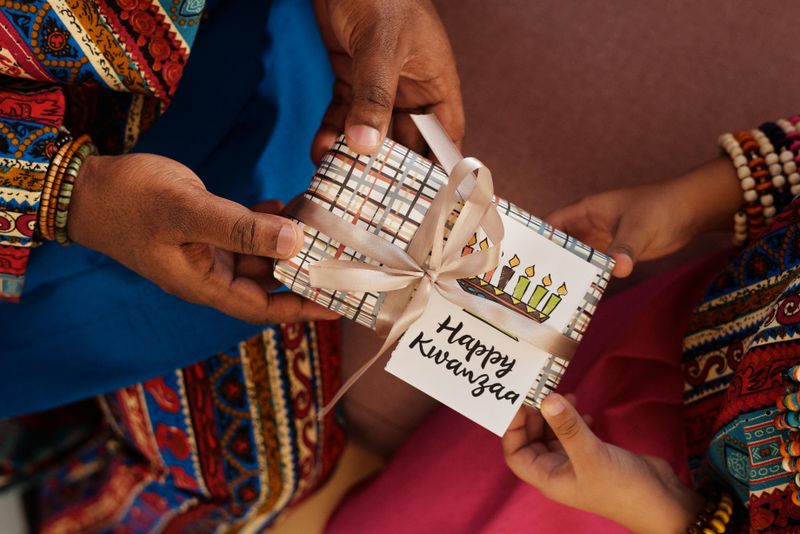
Gift piles weren’t a thing; anticipation was. You circled wish-list items in the catalog and picked one big hope, not fifteen. When it arrived, you memorized the moment and the giver’s face. Thank-you notes weren’t optional—they were currency.
Holidays focused on presence over presents: potlucks, church basements, and mismatched wrapping paper. Traditions felt handmade, stitched together by recipes and inside jokes. You learned that joy scales without a receipt. The magic was in the gathering.
Now you celebrate with intention rather than excess. You invest in experiences, not clutter, and teach kids to savor. Gratitude shows up as maintenance, care, and remembering who made what possible. When you unwrap a gift, you still see the giver—and that’s worth more than cardboard and tape.
10. You Got Comfortable Saying “No” and Hearing It

Requests met reality often, and reality answered bluntly. Friends flashed new gadgets; you weighed the budget and shrugged. Learning to sit with disappointment strengthened your spine. Boundaries weren’t punishments—they were protection.
Hearing no sharpened discernment. You prioritized, saved, and waited. The occasional yes landed with fireworks. Patience earned a permanent seat at the table.
Today, you decline politely and mean it. You protect your calendar, wallet, and energy, because you practiced the art of enough. Peer pressure rolls off; FOMO feels optional. Saying no makes your yes powerful—and you learned that lesson earlier than most.
11. You Became a Pro at Making Things Last
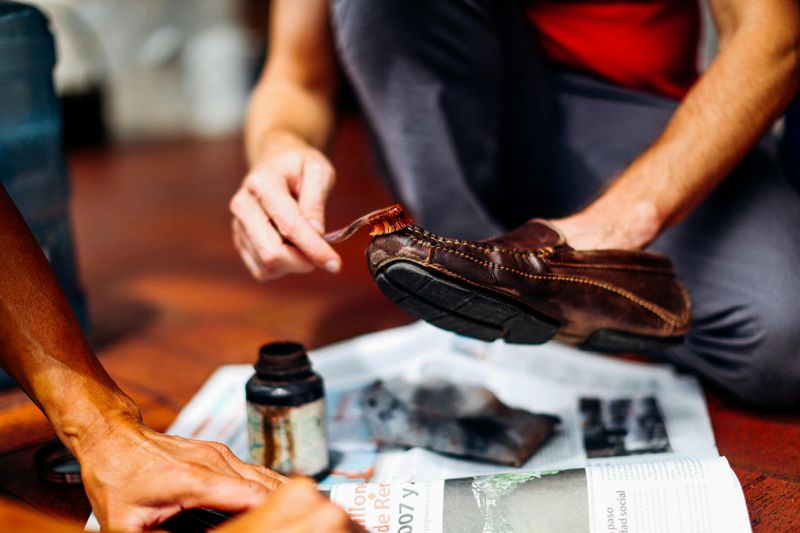
Possessions had lifespans you actively extended. Shoes were cleaned, polished, and dried with newspaper. Toys got shelves instead of the floor; books wore improvised covers. Care was the quiet ritual that preserved value.
Maintenance became muscle memory. You learned to rotate use, avoid rough handling, and fix small issues before they grew. Instructions were read; warnings respected. The result was dignity in ownership, not anxiety.
Now your gear outlives warranty dates. You track maintenance schedules, store things properly, and appreciate durability over novelty. The thrill of longevity beats the itch of replacement. When something lasts, it feels like you won twice—once at purchase, again at time’s test.
12. You Learned to Spot a Good Deal from a Mile Away

Weekend mornings meant zigzagging through yard sales with a mental price guide. You learned to judge seams, zippers, and fabric by touch. The clearance rack was a treasure map, not a shame aisle. Hype didn’t fool your fingers.
Negotiation skills sharpened quickly: a smile, a counteroffer, cash in exact change. You checked comps, assessed condition, and walked away when it felt wrong. Value meant quality per use, not brand per brag. You left with wins more often than regrets.
Those instincts are your consumer superpower. Online reviews, price trackers, and refurbished gear feel like home turf. You buy better, less often, and with confidence. The thrill of the find still hits—only now it’s aligned with wisdom, not impulse.
13. You Improvised When Your Family Couldn’t Afford the “Latest Thing”

Pop culture arrived via antenna and patience, not subscriptions. You recorded songs off the radio with a finger hovering on pause. TV shows got taped, commercials and all, for communal rewatching. Trends were referenced, not purchased, then recreated with flair.
Ingenuity bridged the gap between want and have. You hacked hairstyles, copied looks, and built mixtapes like love letters. Friends traded tapes, magazines, and tips. The remix was the culture.
That adaptability still shines. You prototype before buying, borrow before owning, and sample before subscribing. You can scratch the itch of newness without bleeding cash. The latest thing is optional; creative workaround is guaranteed.
14. You Learned Community Matters More Than Stuff

Neighbors were safety nets, carpool drivers, and second parents. Potlucks solved hunger, and borrowed tools saved weekends. Someone always knew a guy who could fix things. Connection insulated against scarcity.
Give-and-take wasn’t transactional—it was human. You shared babysitting, swapped rides, and watched porches. A casserole could express love, apology, or celebration. The village wasn’t metaphor; it was logistics.
Now you cultivate networks with intention. You check on people, trade services, and show up. Mutual aid feels natural, not novel. Wealth looks like phone numbers you can dial when life gets weird—and yours is a full contact list.
15. You Grew Up Knowing Money Doesn’t Define You—But Choices Do
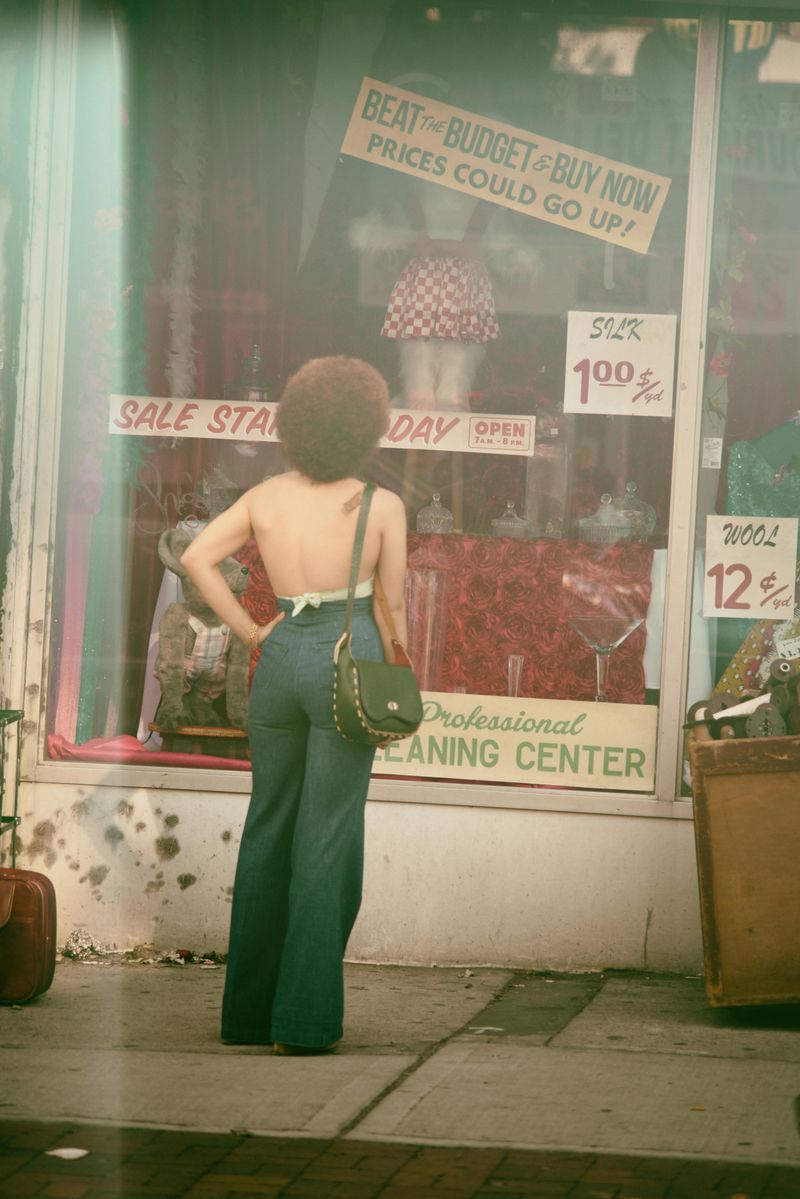
Being broke didn’t cancel ambition; it clarified it. You learned that creativity outruns cash and discipline outruns luck more often than not. Labels couldn’t touch the quiet pride of a plan. You defined yourself by effort and kindness, not balances.
Constraints turned into criteria: What matters? What works? What lasts? Every decision became a chance to practice values. Scarcity sharpened identity rather than shrinking it.
That philosophy directs your life now. You choose intentionally, invest in meaning, and ignore performative abundance. When money shows up, it’s a tool; when it doesn’t, you still build. Resourcefulness wasn’t a phase—it’s the backbone of who you are.

Comments
Loading…